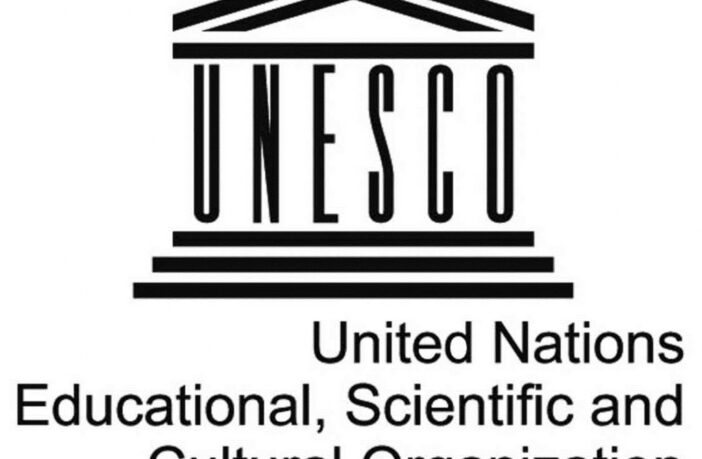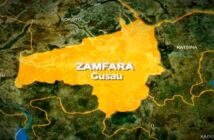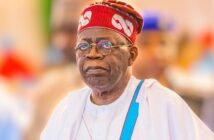Stefania Giannini, Assistant Director General for Education, United Nations Educational, Scientific and Cultural Organisation(UNESCO), says advances in science and technology should be harnessed to scale up global literacy.
Giannini said this during a virtual conference organised by the UN agency to commemorate the 2021 International Literacy Day (ILD) on Wednesday.
The News Agency of Nigeria (NAN) reports that the theme for ILD 2021 was: “Literacy for a human-centred recovery: Narrowing the digital divide”.
The ILD celebrations take place annually around the world to remind the public of the importance of literacy as a matter of dignity and human rights, and to advance the literacy agenda towards a more literate and sustainable society.
According to Giannini, education is a right and literacy is the foundation of learning.
She said that digital skills were essential for the world and the right to education was increasingly dependent on connectivity.
“Access to education ensures empowerment, expands choices and freedom but the right to education is endangered today.
“The challenge being faced today is in two folds, one being improving infrastructure, affordability, safety, networks and data protection.
“On the other side, it is about making digital skills an essential component of literacy,” Giannini said.
She said that rapid change was possible with fresh ideas, commitment and social mobilisation.
She added that UNESCO would defend literacy as part of the recovery from the COVID-19 pandemic by focusing on 29 countries facing literacy challenges through carpet programmes and partnerships.
“The human centered recovery is a human right based recovery . The right to education is at the center of human rights and is an enabler for other human rights.
“It has been a time of rapid change and innovation.
“We are learning the ropes of resilience to face uncertainty and shape a more sustainable future, one that leaves no one behind.
“This is only possible by putting people at the core and striking the right relationship with technology, one that benefits the immense diversity of learners,” Giannini said.
Koumbou Boly Barry, UN Special Rapporteur on the Right to Education, said that the pandemic had revealed how bad a state the world was in, saying “education is about the intersectionality of rights.
“There are still millions of young people , especially women who are living in precarious conditions and don’t have access to education.
“Access to literacy learning opportunities, however, has not been evenly distributed.
“We all have to continue to move forward and build on the basis of equality and equity.
“The statistics are clear today and they tell us that we have a long way to go in turning our literacy ambition into reality,” she said.
Barry said that education had to be recognised as a “key basic social right”, adding that teachers and school administration staff in general must be properly trained to ensure high quality education.




